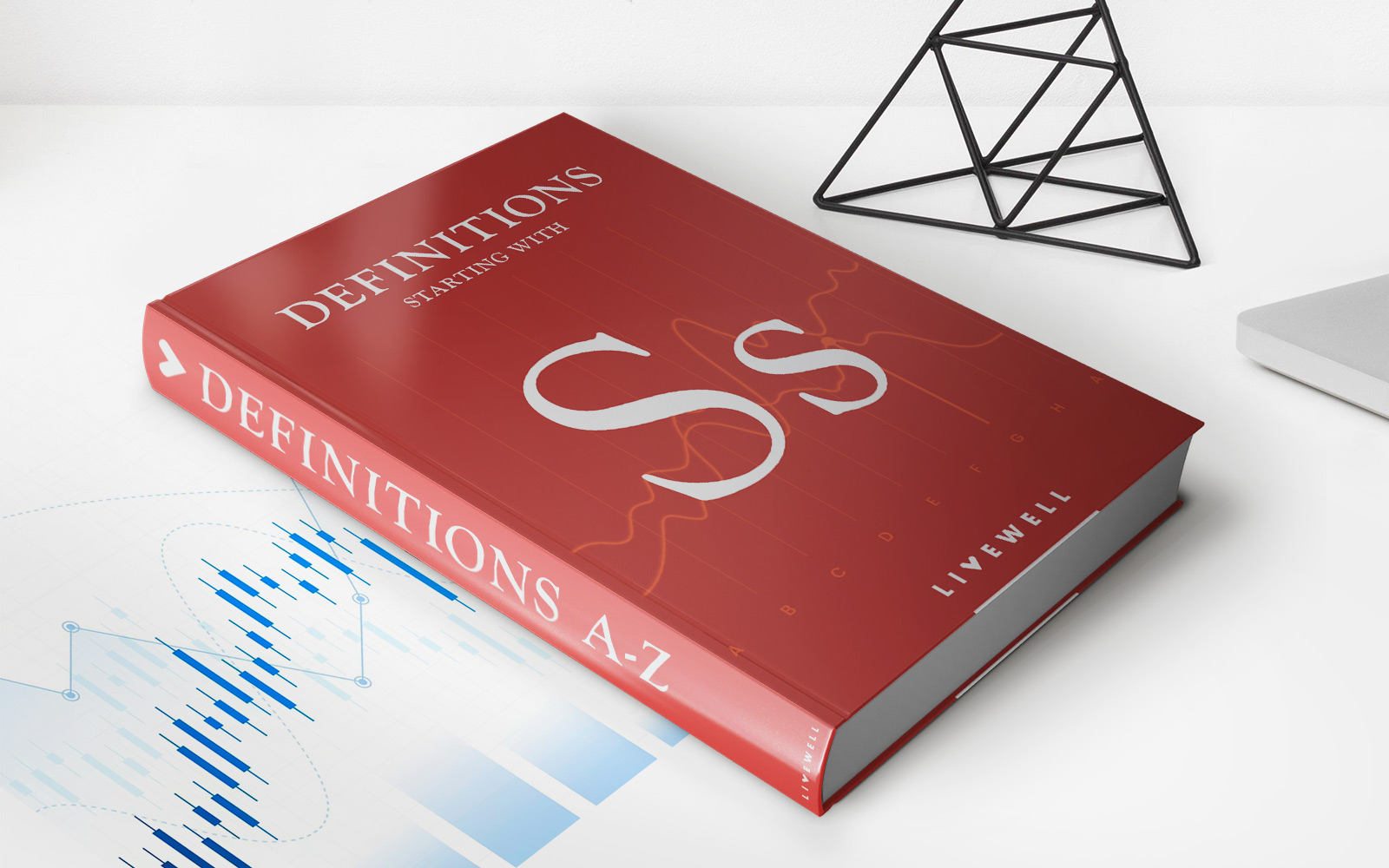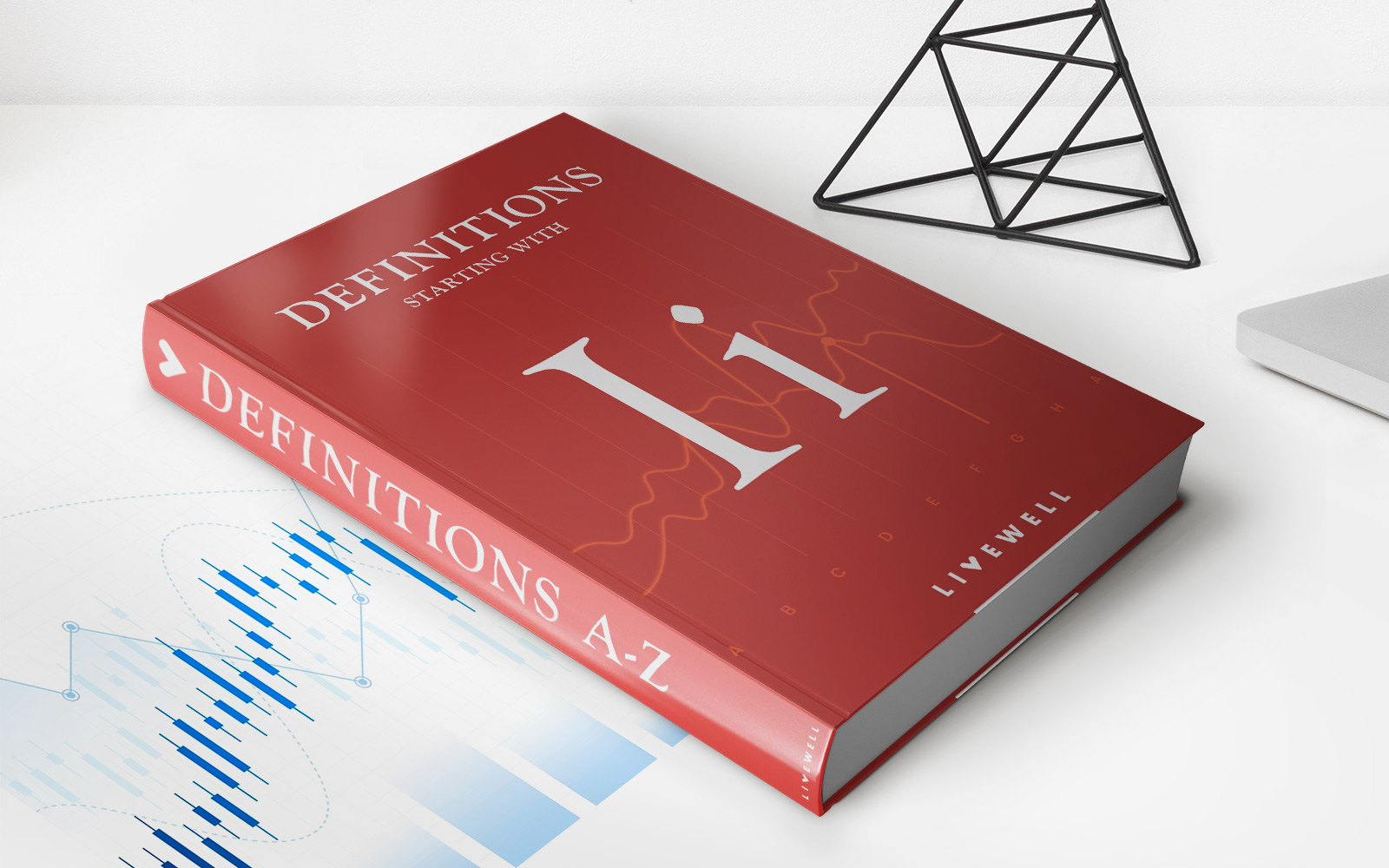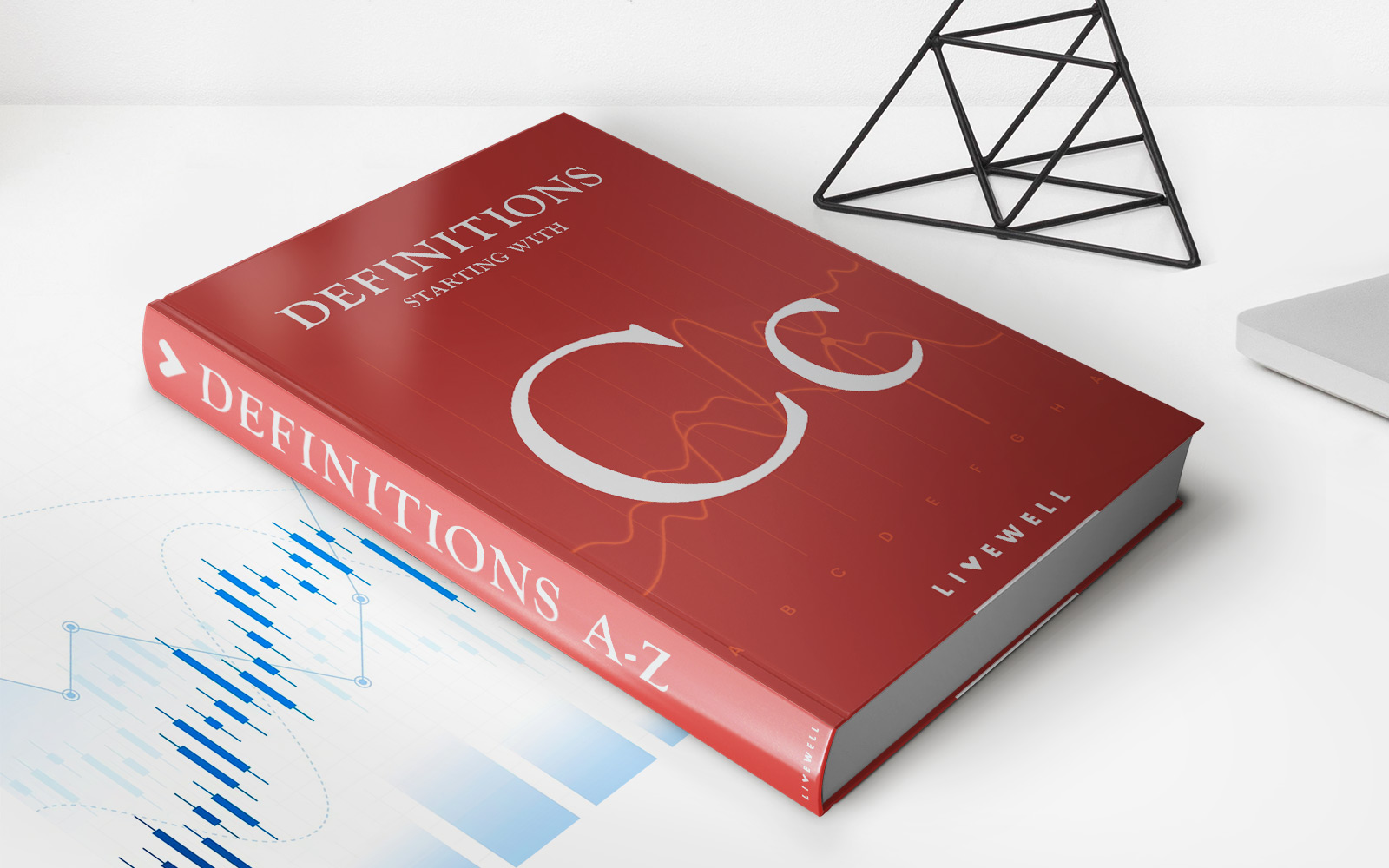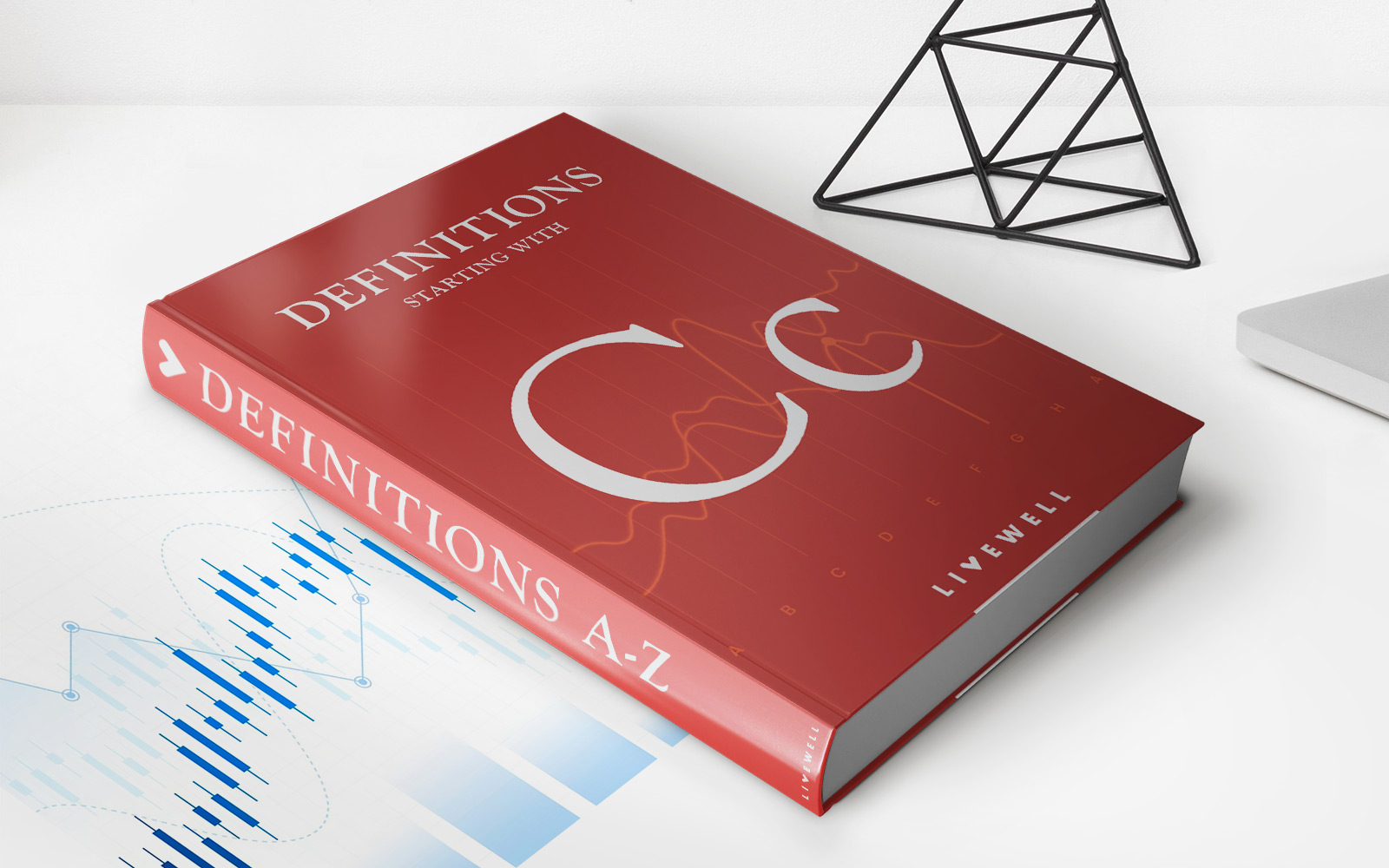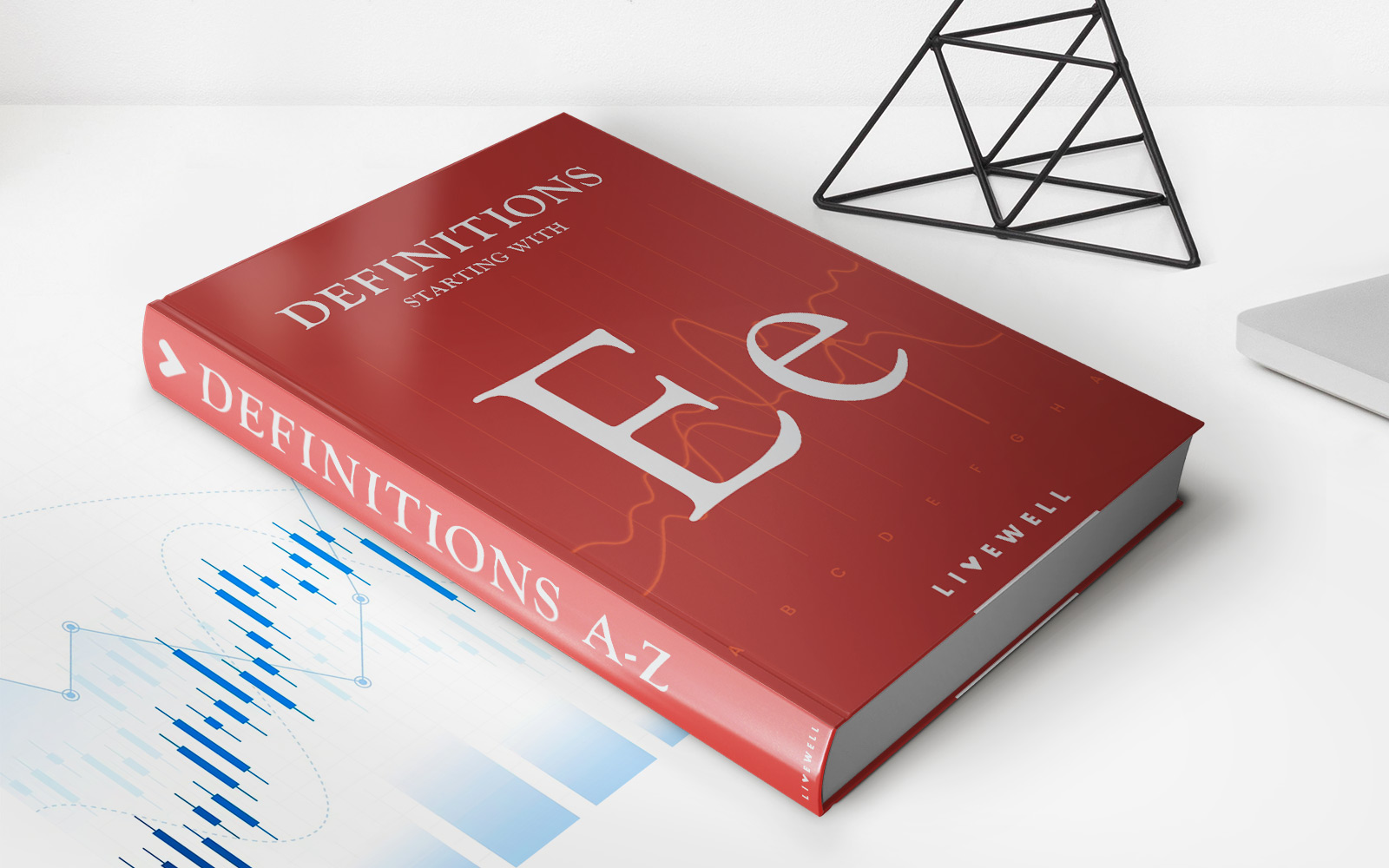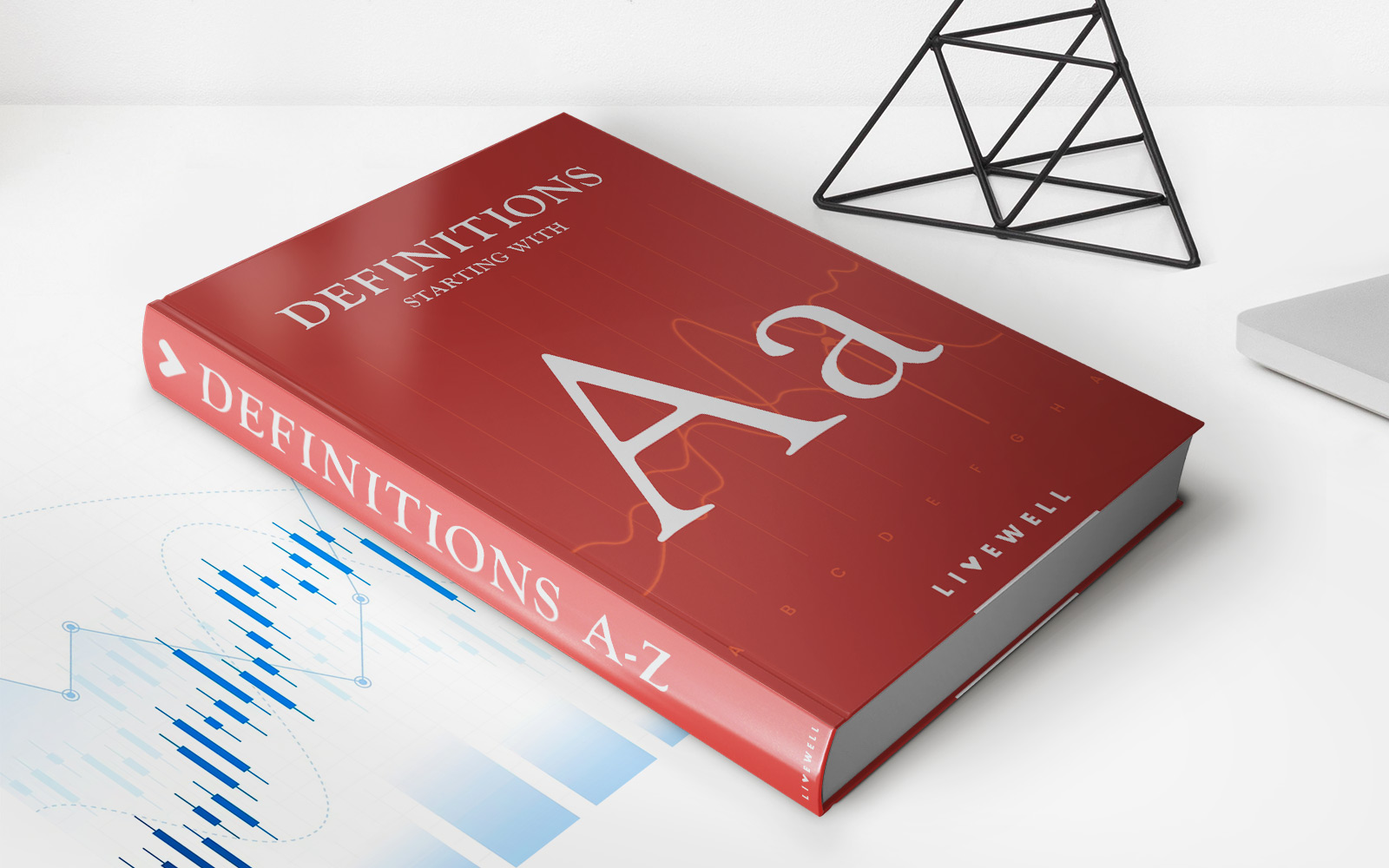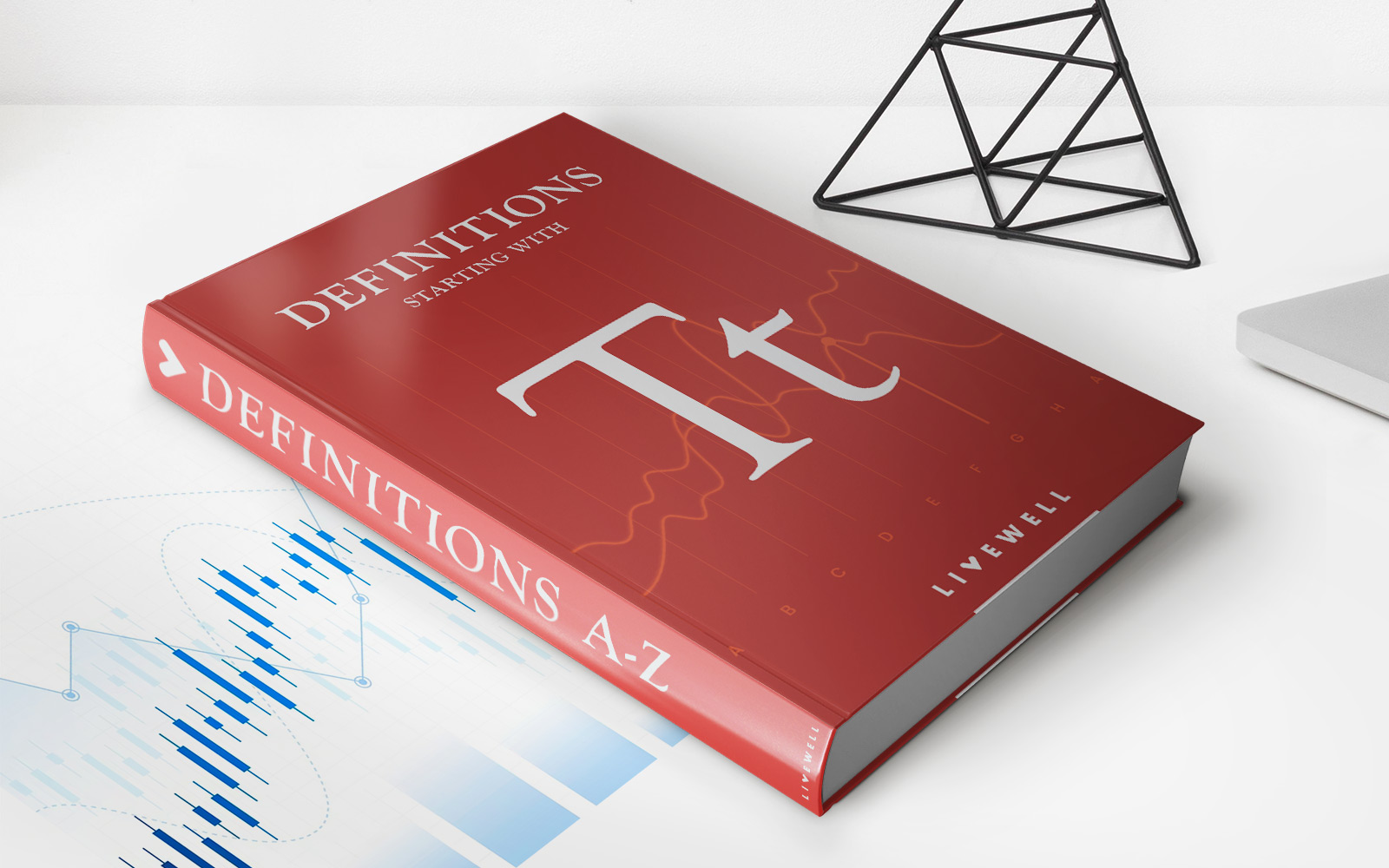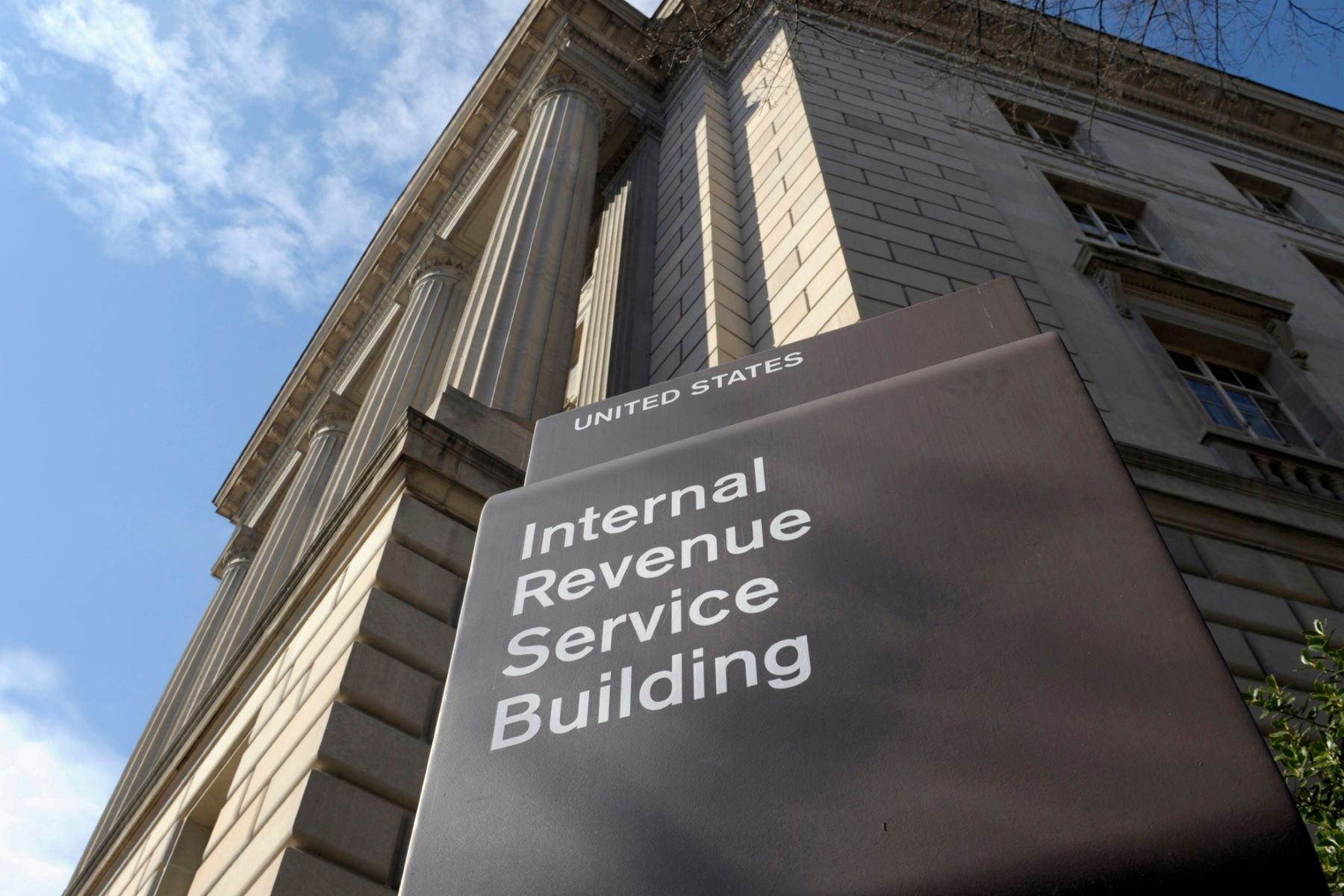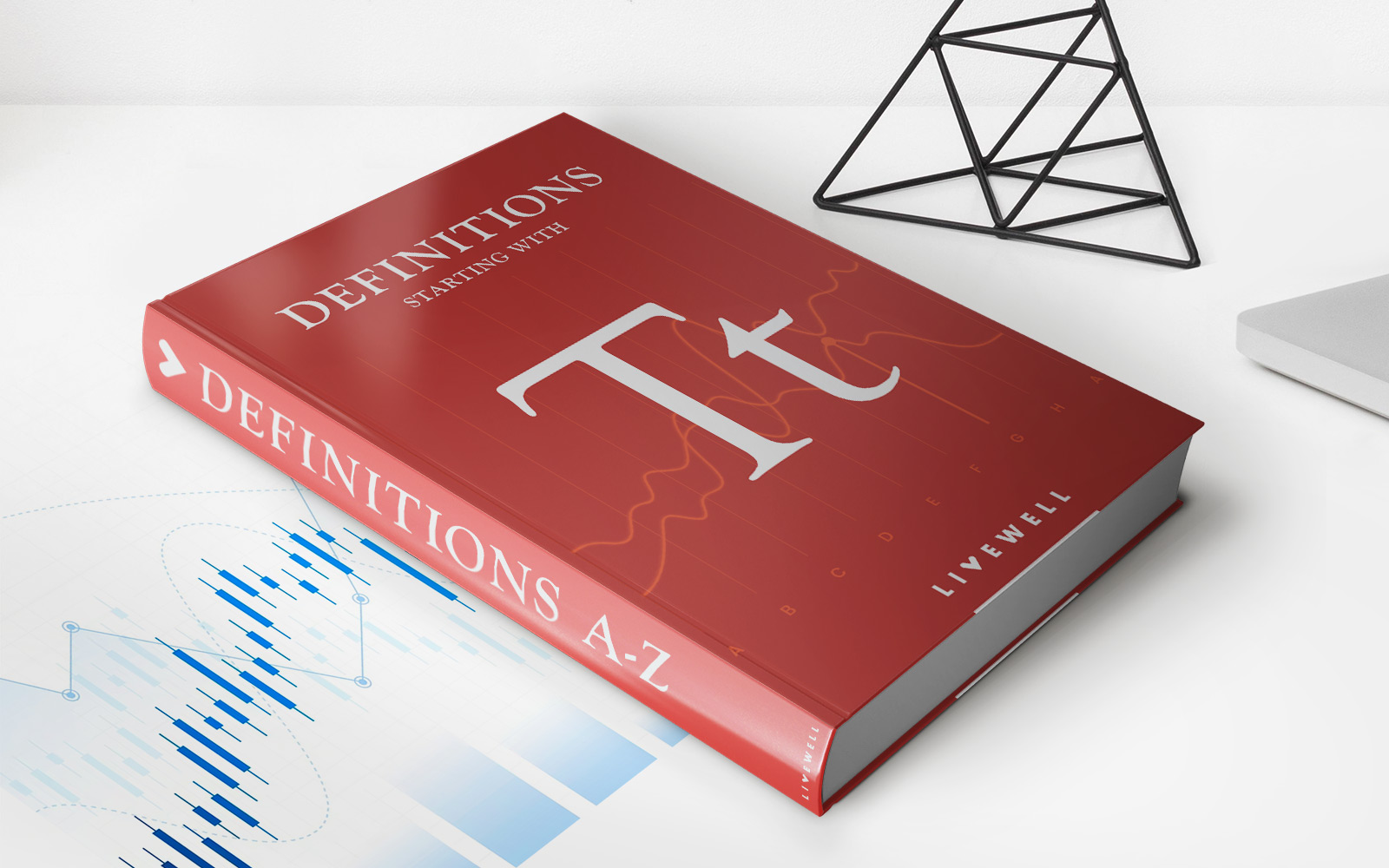Home>Finance>Bad Debt Recovery: Definition And Tax Treatment


Finance
Bad Debt Recovery: Definition And Tax Treatment
Published: October 12, 2023
Learn about bad debt recovery in finance, including its definition and tax treatment. Understand how to handle bad debt to optimize your financial management.
(Many of the links in this article redirect to a specific reviewed product. Your purchase of these products through affiliate links helps to generate commission for LiveWell, at no extra cost. Learn more)
Bad Debt Recovery: Definition and Tax Treatment
Welcome to the Finance category of our blog! In this post, we will be diving into the complex world of bad debt recovery, specifically focusing on its definition and tax treatment. If you’ve ever wondered how recovering bad debt can affect your financial situation, this is the article for you.
Key Takeaways:
- Bad debt recovery refers to the process of recouping money that was previously considered uncollectible.
- The tax treatment of bad debt recovery depends on whether the original debt was claimed as a deduction in a previous tax year.
Before we proceed, let’s first understand what bad debt recovery entails. Simply put, bad debt recovery refers to the process of collecting money that was previously deemed uncollectible. This typically happens when a debtor is unable to repay the borrowed funds, resulting in the lender writing off the debt as a loss. However, in some cases, the debtor may eventually repay the money owed, leading to a bad debt recovery.
Now that we have a clear definition of bad debt recovery, let’s delve into its tax treatment. The tax implications of bad debt recovery differ based on whether the original debt was claimed as a deduction in a previous tax year. Here’s a breakdown of the two scenarios:
- Deducted Bad Debt Recovery: If the original debt was claimed as a deduction in a previous year, the recovered amount is generally treated as taxable income in the year received. This means that you may owe taxes on the amount you recover.
- Non-Deducted Bad Debt Recovery: If the original debt was not claimed as a deduction, the recovered amount is typically not included in your taxable income. In this case, you wouldn’t owe taxes on the amount recovered.
It’s essential to consult a tax professional to ensure that you comply with all applicable tax laws and regulations. They can provide personalized advice based on your specific financial circumstances.
To summarize, bad debt recovery refers to the process of recouping money that was previously considered uncollectible. The tax treatment of such recovery depends on whether the original debt was claimed as a deduction. For deducted bad debt recovery, the recovered amount is generally taxable, while for non-deducted bad debt recovery, it is typically not included in taxable income. If you find yourself in a situation involving bad debt recovery, it’s always wise to seek professional guidance.
We hope this article has shed some light on the topic of bad debt recovery and its tax treatment. Stay tuned for more informative posts in the Finance category of our blog!
